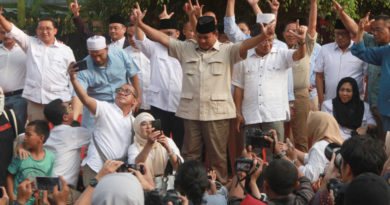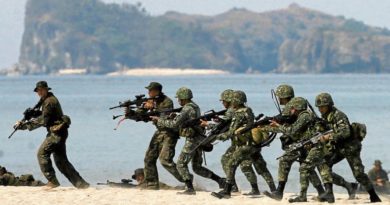HEADLINE-SUDAN CIVIL WAR| UN warns of mass exodus from Sudan war catastrophe
.https://www.youtube.com/watch?v=t5d3fL11br4
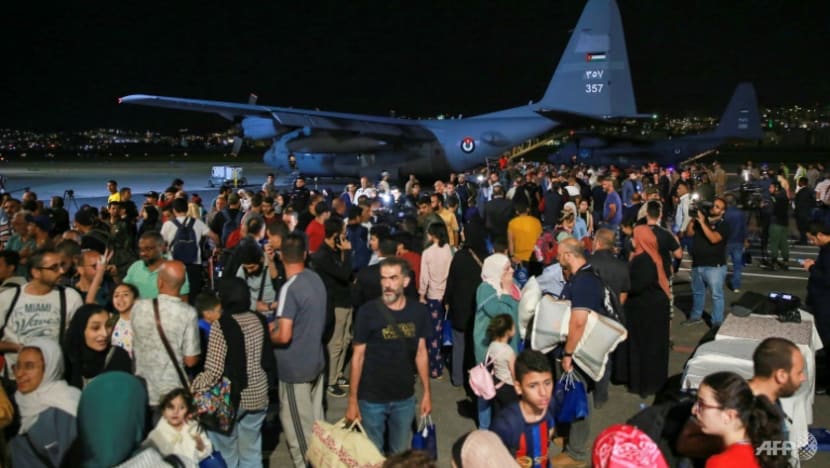
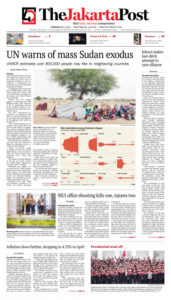
KHARTOUM, Sudan: The UN on Monday warned more than 800,000 people could flee fighting and dire conditions in Sudan, where explosions again shook the capital in violation of the latest truce extension agreed by warring generals.
The chaos and bloodshed, now in their third week, have already sparked an exodus of tens of thousands of Sudanese to neighbouring countries including Egypt, Chad and Central African Republic.
But the United Nations’ refugee agency, UNHCR, said it was bracing for “the possibility that over 800,000 people may flee the fighting in Sudan for neighbouring countries.” “We hope it doesn’t come to that, but if violence doesn’t stop we will see more people forced to flee”, UNHCR chief Filippo Grandi said in a tweet, adding to UN alarm over what the world body calls a catastrophic humanitarian situation sparked by the war.
Hundreds have been killed and thousands wounded since fighting erupted on April 15 between Sudan’s army chief Abdel Fattah al-Burhan and his former deputy Mohamed Hamdan Daglo, who commands the paramilitary Rapid Support Forces (RSF). Millions of Sudanese unable to afford the inflated prices required to escape have sheltered in their homes with dwindling food and water and frequent power cuts.
In Khartoum, a witness heard “eight air strikes from military aircraft”, while gunfire and explosions sounded in various neighbourhoods.
Burhan and Daglo, who fell out after the military’s 2021 coup derailed Sudan’s democratic transition, have flouted multiple ceasefires and extended the latest by 72 hours late on Sunday.
Experts agree the truces have largely been announced to enable evacuation corridors and talks with mediators.
While foreign nations have helped thousands of their citizens escape by air, road and sea, at least 75,000 Sudanese are internally displaced and more than 50,000 have already escaped overland to neighbours, said the UN and other agencies.
Some families rode donkeys, their few possessions in baskets at the animals’ side, to cross the sandy border into Chad from Sudan’s Darfur region, which has seen some of the worst violence outside of Khartoum.
At a makeshift camp in a Chadian border village, UN workers handed out emergency supplies to the refugees, many of whom made desperate getaways empty-handed.
Mahamat Hassan Hamad, a tailor, tried to hold back tears as he told AFP he had no food for his 11 children and no means of work because “my sewing machines were taken by the attackers.” He blamed the RSF who “destroyed everything in their path.”
‘Breaking point’
Sudan’s turmoil has seen hospitals shelled, humanitarian facilities looted, and foreign aid groups forced to suspend most of their operations.
Top UN humanitarian official Martin Griffiths arrived in Nairobi on Monday on an urgent mission to look for ways to bring relief to millions. “The humanitarian situation is reaching breaking point,” he said on Twitter, later calling it “catastrophic.” The fighting was pushing Sudan’s already ailing health sector toward “disaster”, warned the World Health Organization’s regional director for the eastern Mediterranean, Ahmed al-Mandhari.
He sounded an alarm over the growing threat of cholera, malaria and other diseases.
There was, however, at least some relief.
WHO announced that six containers of medical gear arrived in Port Sudan. They included supplies for treating traumatic injuries and severe acute malnutrition.
The agency said fuel — in short supply during the war — has been distributed to some hospitals which rely on generators.
The UN’s World Food Programme (WFP) said it expected to soon resume food distribution in some parts of the country after a suspension following the deaths of three of its aid workers.
Even before the war, more than 15 million people faced severe food insecurity in Sudan, WFP said.
Daglo’s RSF emerged from the Janjaweed unleashed during a scorched-earth campaign in Darfur from 2003 by former strongman Omar al-Bashir, who faces war crimes charges.
‘Belated’ mediation
On Monday a US-operated evacuation ship arrived in Saudi Arabia carrying more than 300 civilians from multiple countries, Saudi state media said.
Another Saudi ship also docked in Jeddah with evacuees from Sudan, adding to the more than 5,400 civilians the kingdom has received.
Saudi Arabia is among regional powers trying to end the violence.
An envoy of Burhan’s, Dufallah al-Haj Ali, met on Sunday in Riyadh with Saudi Foreign Minister Prince Faisal bin Farhan, and is due to visit Cairo for talks with Egypt’s foreign minister on Tuesday.
Egypt, in an Arab League emergency meeting in Cairo, proposed a draft resolution Monday that called for an “immediate and comprehensive cessation” of fighting.
Isaias Afwerki, the authoritarian president of Sudan’s neighbour Eritrea which has close ties to Russia, made first public comments on the fighting.
“Sudan’s current crisis stems from competition to claim who is the (real) owner of the Sudanese revolution,” he told Eritrean TV in Arabic.
Experts have cast doubt over foreign mediation efforts. Veteran Sudan analyst Alex de Waal described them as “half-hearted and belated.” He accused the previous US administration of delegating policy to its “favoured allies in the Middle East”, who feared democratic transition in Sudan and “preferred to deal directly with their favoured generals.”

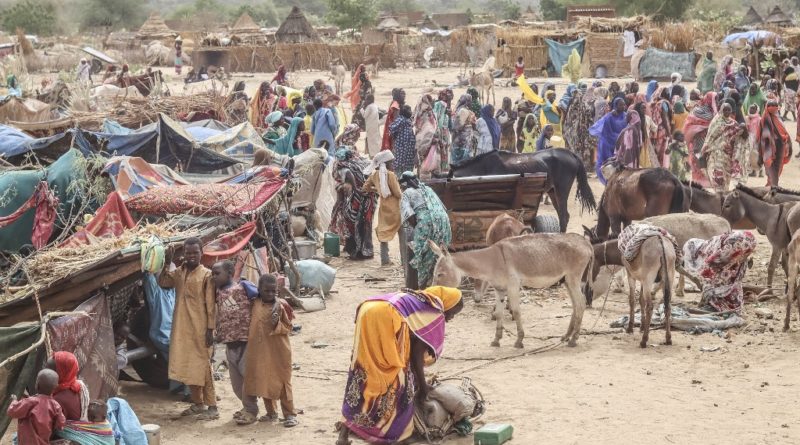
 Memento Maxima Digital Marketing
Memento Maxima Digital Marketing Ads by: Memento Maxima Digital Marketing
Ads by: Memento Maxima Digital Marketing




